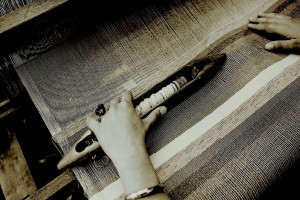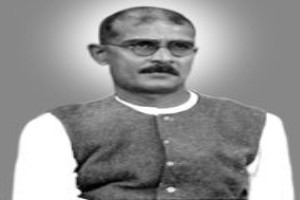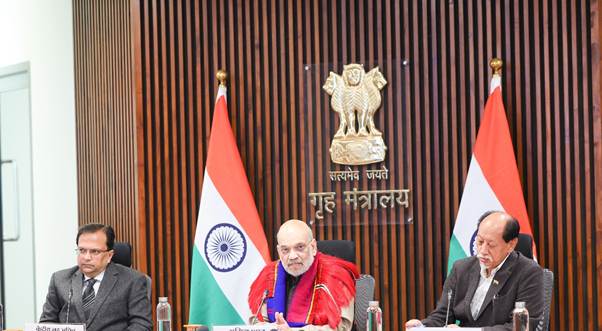
The silk winders were forced to work in the companies’ factories
 By Mahadev H. Desai*
By Mahadev H. Desai*
(This article was published on July 26, 1921 in Bombay Chronicle)
In their letter of 17th March 1769, the company desired that raw silk should be encouraged in Bengal and that the manufacture of silk fabrics should be discouraged. They also recommended that the silk winders should be forced to work in the companies’ factories; and prohibited from working in their own homes.” The Select Committee on the administration of justice in India appointed in 1783 frankly said about this letter of 1769: “This letter contains a perfect plan of policy, both of compulsion and encouragement, which must in very considerable degree operate destructively to the manufactures of Bengal. Its effects must be (so far as it could operate without being deluded) to change the whole face of that industrial country, in order to render it a field of the produce of crude materials subservient to the manufactures of Great Britain.”
Also read: History Recalled: How India’s industry was ruined – 2
This settled for over half a century the policy of England towards India. By about 1804 Bengal, Behar, a large part of the U.P. Carnatac, the Northern Circars, Canara and Malabar – parts which were humming with industrial life, were under the political sway of the company and the havoc worked by this policy can be seen from the fact that the people in these parts who had exported goods to the European markets began to import them in increasing quantities. Mr. Dutt quoting from a return to an order of the House of Commons shows that the value of cotton goods alone sent mainly to India which in 1794 was 156 pounds rose to 108, 824 pounds in 1813. The parliamentary inquiry that took place in 1813, which resulted in the abolition of the company’s monopoly of trade in India and which thereby loose boards of British traders on the already exploited Indian soil, is important from the point of view of some important evidence that was tendered before it. Graeme Mereer, who had served the East India Company as a doctor stated in his evidence “that Lord Wellesley had endeavoured to find markets for European goods by instituting fairs in Rohilkhand, exhibiting British woollens in those fairs and by directing the British Resident to attend the great fair at Hardwar with the same object.” The evidence of Mr. Ranking, a merchant, disclosed how Indian manufactures were shut out from England by prohibitive tariffs:-
“Can you state what is the ad valorem duty on piece goods sold at the East India House?”
“The duty on the class called calicoes is 3 pounds 6 shillings and 8 pence per cent upon importation, and if they are used for home consumption there is a further duty of 68 pounds 6 shillings and 8 pence per cent.
“There is another class called muslins, on which the duty on importation is 10 per cent and if they are used for home consumption of 27 pounds 6 shilling and 8 pence per cent.
“There is a third class, coloured goods which are prohibited being used in this country, upon which there is a duty upon importation of 3 pounds, 6 shillings and 8 pencce per cent, they are only for exportation. “This session of Parliament there has been a new duty of 20 per cent on the consolidated duties which will make the duties on calicoes used for home consumption, 78 pounds, 6 shillings and 8 pence per cent, upon the muslins for home consumption, 31 pounds, 6 shillings and 8 pence.”
The historian Thornton has well laid bare the philosophy of the advocates of free trade. Referring to Mr. Tierney’s evidence before the same Committee, he says: –
“He had not heard, he said that the persons who talked so much of the happiness of India had never proposed to allow its manufactures to be freely imported into this country. The general principle was to be that England was to force all her manufactures upon India and not to take a single manufacture of India in return. It was true they would allow cotton to be brought, but then having found out that they could weave, by means of machinery cheaper than the people India. To them they would say leave off weaving, supply us with the raw material and we will weave for you. This might be a very natural principle for merchants and manufacturers to go upon but it was rather too much to talk of the philosophy of it or to rank the supporters of it as in a peculiar degree the friends of India. If instead of calling themselves the friends of India, they had professed themselves its enemies, what more could they do than advice the destruction of all Indian manufactures?”
– To be continued
Mahadev Desai was an eminent freedom fighter and Mahatma Gandhi’s personal secretary; article courtesy his grandson, Nachiketa Desai





